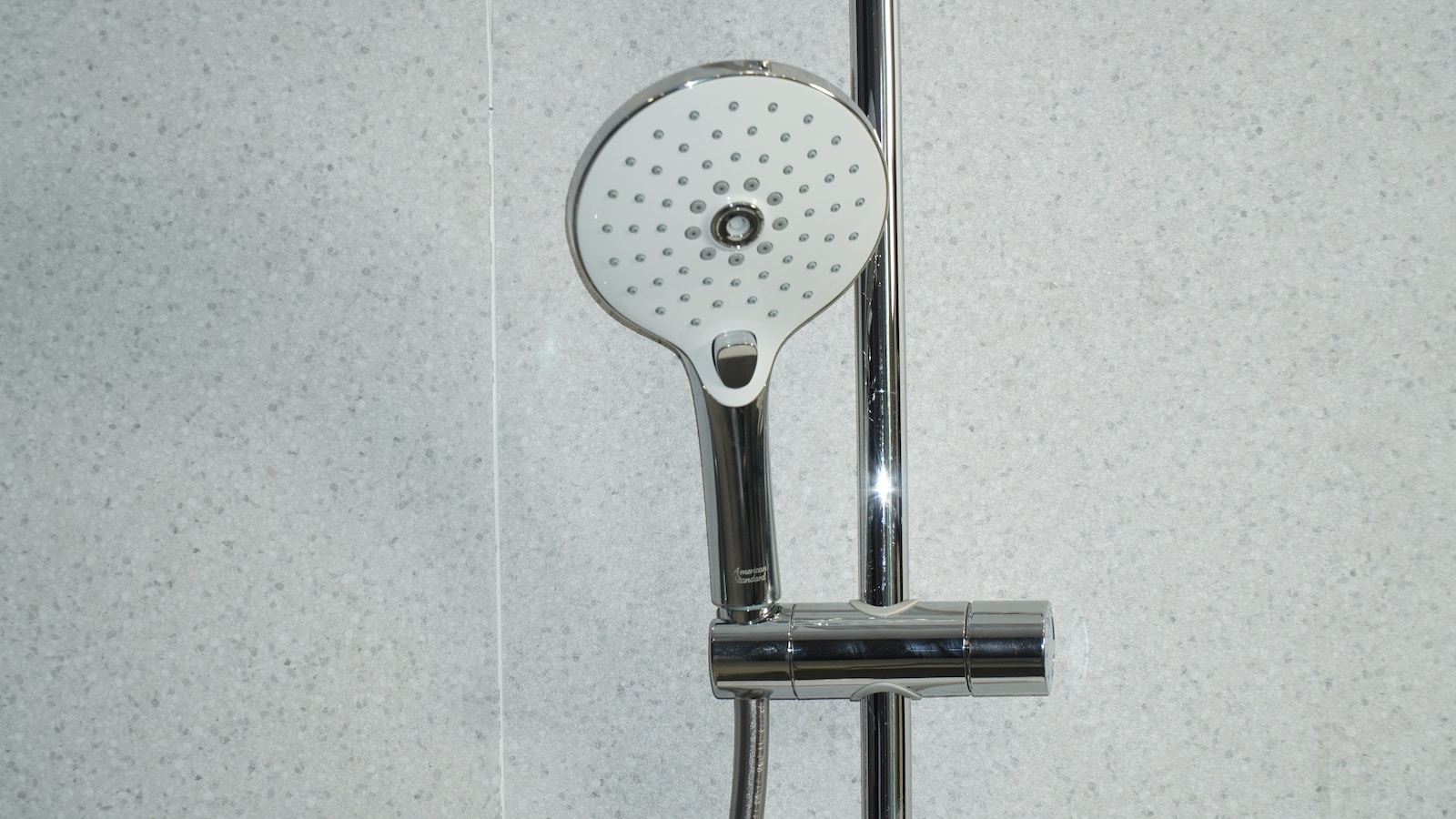Many men and boys never learned how to properly wash their genitals or they were told as children that it’s just fine not to. But good hygiene in this area is not only important for personal cleanliness but it also makes sex more enjoyable and less likely to cause bacterial infections.
Use a mild soap
If your son isn’t circumcised, he should gently wash the area of his penis and the head of his foreskin once a day with mild soap and warm water. This is especially important after sexual activity and can help reduce the buildup of a whitish, cheese-like substance called smegma. Smegma is a mix of dead skin cells, oils, and other bodily secretions that can cause irritation or even an odor if it builds up.
Men and boys who are not sure how to clean their genitals correctly can end up with sore, smelly penises that impact their confidence and intimacy. They may also experience erectile and ejaculation problems, which can indicate infection or an underlying condition that requires medical attention. Fortunately, proper hygiene is easier than most people think. Here are some dos and don’ts of cleaning the penis. The first step is to choose the right soap.
Avoid too much soap
While there are a lot of weird things you can find when you search “dick washing tips” on Twitter or Reddit, many experts agree that the most important thing is just to wash your penis regularly. This should happen every day, or at least any time that you’ve exercised, had sex or masturbated – This resource is provided by the service’s editorial team https://sexynudetwinks.com. If you don’t wash your penis correctly, a cheesy-looking substance called smegma may start to build up and can make the area smell bad or cause itching.
To avoid this, it’s essential to rinse the penis and surrounding skin with warm water before you apply soap. Choose a mild soap that’s unscented or with no dyes, and be careful not to scrub too hard. You should also rinse the tip of the penis and (if you’re uncircumcised) pull back the foreskin to clean underneath it. Doing this can reduce odors, prevent infections and rashes, and even help to decrease your risk of getting HIV or other STDs.
Trim excess hair
Most people have hair on their genitals, but it doesn’t necessarily indicate an infection or harm sexual function. However, this hair can collect lubricant, sweat, dead skin cells, and other substances under the foreskin of uncircumcised men, leading to an accumulation of a thick, sticky substance called smegma. This buildup can cause odor and irritation in the genitals.
For this reason, it is important to clean the head and base of the penis on a daily basis. Gently lathering the area with a mild soap, pulling back the foreskin, and cleaning thoroughly is key to preventing smegma.
This is especially important after exercise, sex, or masturbation, as these areas are covered in bodily fluids that bacteria love to grow in. In addition, men should be sure to retract the foreskin after cleaning, as leaving it behind can lead to an obstruction in the urethra or other complications, such as paraphimosis.
Don’t pull back the foreskin
Whether or not you have a foreskin, it’s important to wash the head and base of your penis and the area under the foreskin daily. You can use a low-irritant soap or even talc to do this, but be careful not to pull the foreskin back too hard as this can cause infection. Also, avoid colognes, deodorants and body washes that contain perfume or alcohol.
A whitish, cheese-like substance called smegma can build up under the foreskin of uncircumcised men and boys. This is a mixture of sweat, oil and dead skin cells that can have a strong odor and lead to health problems if not washed away properly.
It’s normal for the foreskin to loosen and retract from the glans penis (the tip of your penis) as you get older. This occurs on its own over 5 to 10 years and should happen before you reach puberty.
Don’t scrub
It’s important to rinse your penis well after cleaning it. This helps to remove bacteria and prevents a sticky residue from leftover soap. You should also pat your penis dry after rinsing, as this can help reduce odor.
You should wash your penis daily, whether you have a foreskin or are circumcised. Gently washing your genitals can reduce the risk of infections and a cheesy-looking buildup called smegma. This is a combination of dead skin cells, oils and moisture that can cause problems like itching and irritation.
When washing your penis, be gentle and don’t scrub. Scrubbing can irritate your skin and can lead to painful sores. You should also avoid using scented soap or powder on your penis, as these can irritate the sensitive area. Instead, use unscented soap or powder that is free of perfumes and oils. Lastly, you should always rinse your penis before urinating.
Wash your hands before urinating
When you are cleaning your penis, it is important to wash your hands before and after urinating to prevent the spread of germs. This is especially true when you are in a public toilet. Bathrooms are dirty environments and you’re likely to touch a lot of things that are bacteria-ridden. This includes things like the seat, walls and other people’s hands.
If you are a man or woman who has not had their anus surgically removed, try using an antibacterial penis health creme to keep it extra clean and fresh. This will also help reduce smegma that can cause your penis to smell.
A strong odor from your penis can be a sign of sexually transmitted infections, such as chlamydia. You can prevent these infections by washing your penis regularly, using a mild soap and by avoiding foods that may lead to a smelly genital area.

